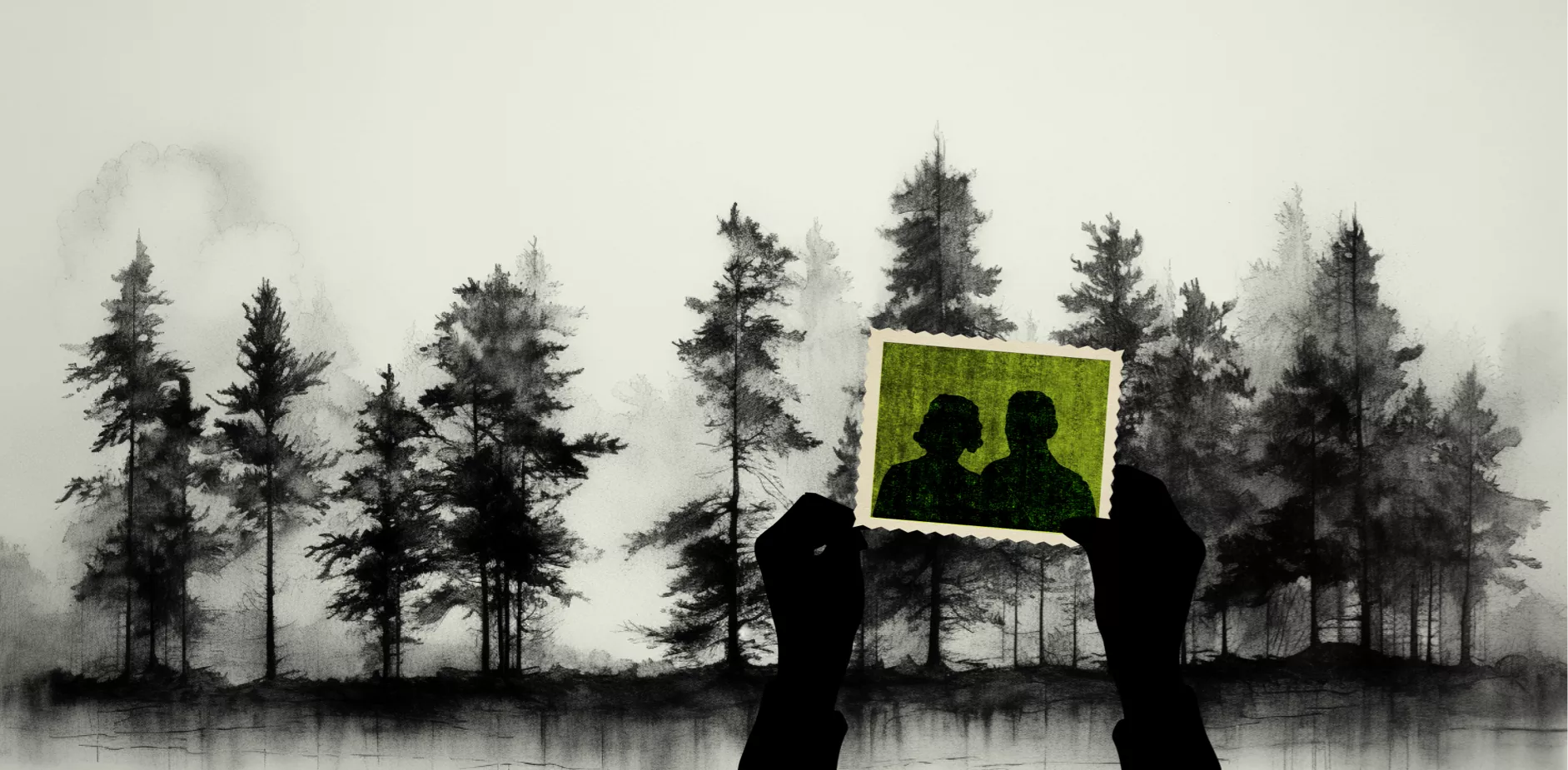
Keeping in touch with family members
All the prisoners struggled with being separated from their family members or friends in Theresienstadt. However, their commitment to Wulkow was seen as an alleged guarantee of survival for those who had stayed behind. The SS took advantage of this quasi hostage situation to prevent the Wulkow prisoners from attempting to escape.
„The Germans promised back then that our families would stay in Theresienstadt as long as we were in Wulkow." - "The SS held our families hostage!“
Hanuš Hron, 09 October 2021
At Christmas 1944, parcels or packages with presents from Theresienstadt arrived in Wulkow. There are also reports of consignments of underwear and work clothes. Attempts to send or secretly slip food to the prisoners in Wulkow were thwarted by the camp guards. For example, parcels containing food from relatives were withheld from the prisoners. The prisoner Albert Jungmann, who had access to the parcels due to his work in the camp, was punished after some of the parcels were stolen. In his memoirs, however, Walter Grunwald, whose parents lived in Berlin, also wrote about special aid packages. Due to his work in Wulkow with the Berlin well builder Voss, parcels could be exchanged between the son and his parents. After finding out about these aid packages, Grunwald was brutally beaten by Stuschka.
Postcards were the main mode of communication. According to various sources, prisoners were allowed to write cards once a week or once a month. Writing days were organised in both Theresienstadt and Wulkow. Postcard writing conventions as well as the address were predefined. Mail that was handed in late was not accepted. Most of the mail focused on everyday matters, as everyone knew that the messages would be censored. The camp commander Stuschka was particularly "qualified" for this type of snooping due to his previous work as a "mail censor" in the Eichmann department. The prisoners in Wulkow rarely wrote about anything negative to keep their relatives from worrying.
Sometimes they reported on the progress of their work, always in the hope that they would soon be able to return to Theresienstadt. Karel Rutar, some of whose letters have survived, exaggerated his situation in a humorous way to his Hanka when he described his "comfortable accommodation" and his working conditions in Wulkow. Only two short sentences indicated how desperate he must have been feeling.
„The living is very nice. Electric light, well, a nice kitchen. It is a very nice location. Everywhere is very clean. The nights are very cold now, but during the day it's lovely. I've been very tired lately. There's no point my Hanka we have to endure it. I also have a good tan and there is no summer chill. I walk barefoot most of the time and save on shoes and it's healthy. My clothing consists mostly of shorts. I'm going to turn the blue-striped overcoat inside out now. It's not dirty at all.“
Karel to Hana Rutar, 16 August 1944
Heinz Frankenstein regularly received messages written in pencil from his sick mother. She always told him about how cumbersome life was in the housing community without complaining about the daily hardships in the Theresienstadt ghetto. All she cared about was his health.
„My son make sure that you don't catch cold be careful my boy I need you it's vital so I beg of you to dress warmly.“
Anna to Heinz Frankenstein, 28. March 1944
Read more:
- © USHMM
- © USHMM
